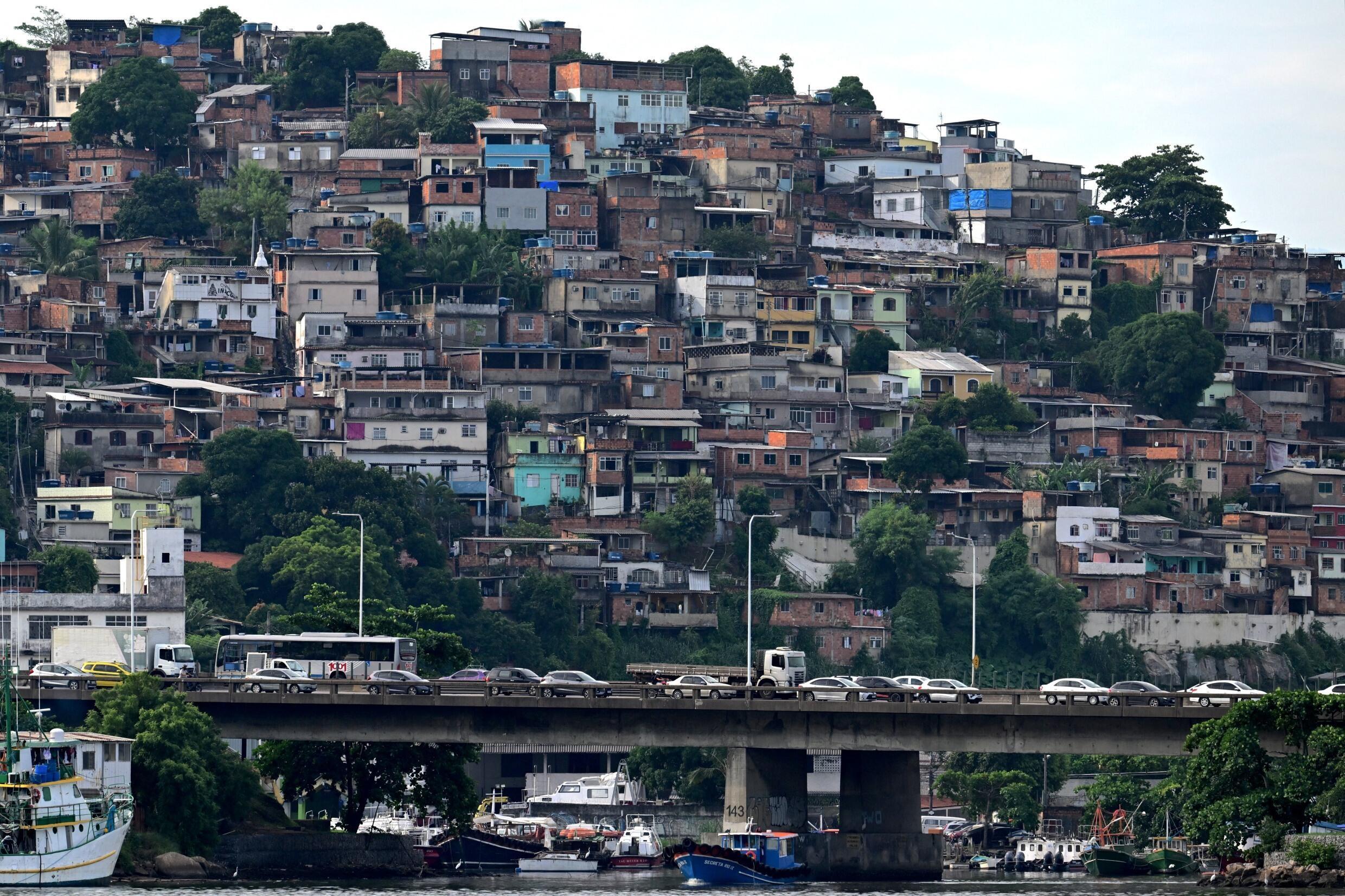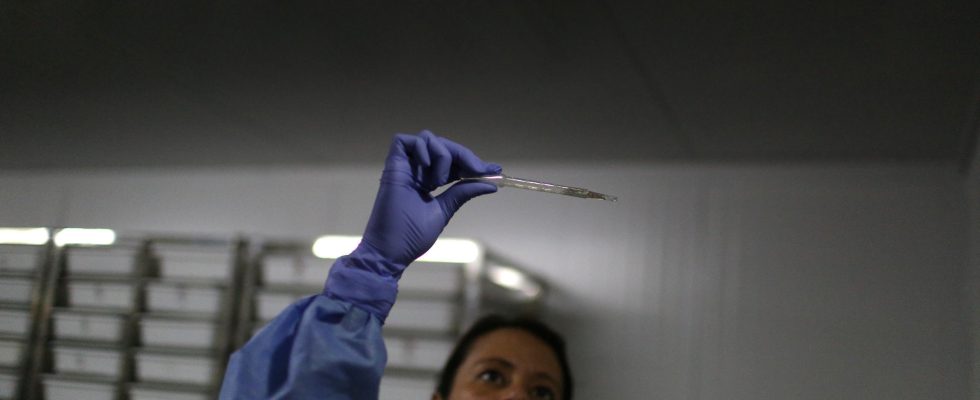Brazil is facing an unprecedented dengue epidemic. More than two million cases have already been recorded since the start of the year, and the Ministry of Health estimates that the country will reach 4.2 million cases by the end of the year. In this context, and while the vaccine is only in its infancy, the Wolbachia bacteria could be the solution. A bacteria which, transmitted to Aedes aegypti mosquitoes, which carry dengue fever, inhibits the spread of the virus.
4 mins
From our correspondent in Rio de Janeiro,
There Wolbachia bacteria is notably “cultivated” at the Fiocruz Institute in Rio de Janeiro. In the mosquito creation laboratory of the World Mosquito ProgramDiogo Chalegre, is a biologist: “ As you can notice, it’s quite warm in this room. This high temperature makes it possible to simulate the ideal ambient temperature for the best development of the larvae. »
It is in large mosquito cages that the Aedes aegypti species, carriers of the Wolbachia bacteria, are cultivated, the “ wolbitos » as they are nicknamed. For these species of mosquitoes, which transmit the dengue virus, chinkungunyaor even zikathe presence of the bacteria helps stop the transmission of viruses. “This bacteria is present in nature, in more than 50% of insects such as bees, ants, butterflies, but Aedes aegypti does not have it.explains Diogo Chalegre. So scientists took this bacteria from the fruit fly, Drosophila, and inserted it into the eggs of Aedes aegypti. The bacteria is transmitted from the female to her child, and this is why the method is sustainable. »
Read alsoIndonesia: using bacteria to eradicate dengue fever
This method, originating from Australia, is currently applied on a case-by-case basis in Brazil. In partnership with the Ministry of Health, five cities are experimenting with it and seven others will start in 2024. A political choice, because it is an investment for town halls: “ Today we calculate that the method costs between 30 and 50 reais – or 6 to 10 euros – per inhabitant. But this is not an amount to be paid per year. The expense is made once and for all “, further specifies Diogo Chalegre.
Read alsoArgentina: dengue fever rages, the State flees
Niteroi, city completely covered by the Wolbachia method
On the other side of Rio de Janeiro, the city of Niteroi was the first to be 100% covered by the Wolbachia method in 2023. The experiment began in 2015, district by district. And the figures are positive: dengue cases have been reduced by 70%. For the city to be covered, the “wolbitos” must be released into the streets of the city. Which can sometimes scare residents.

“ At first there was a little resistance, explains Raïssa Vieira. The residents found it strange, they said “but there are already plenty of mosquitoes here, are you going to bring even more?” But we explained that the mosquitoes we were going to release would allow us to put an end to dengue fever. »
Raïssa Vieira is a community health worker in the Atalaia favela in Niteroi. She did this information work with residents. Because in the favelas, the risk of dengue proliferation is even greater: “ The houses are very close to each other, there is almost no sanitation system. There are open sewers, stagnant water, holes in the street where water can collect. These are areas in which the government must pay extra attention. »
Prevention actions and awareness campaigns
She emphasizes that the presence of the Wolbachia bacteria does not exempt us from preventative measures to avoid the proliferation of mosquitoes. At 73, Bertoldo and his wife Rita maintain their house perfectly: “ After the rain, you have to do a big cleaning because of dengue. Clean siphons, gutters. I have already prepared the ladder to go clean the gutter », says Bertoldo.
But these residents regret the irresponsibility of their neighbors, who have open cisterns and could become breeding grounds for mosquitoes. According to them, it is up to the State and municipalities to invest more in an information and awareness campaign, because dengue is the concern of all citizens.
Read alsoSouth America faces its worst dengue outbreak
